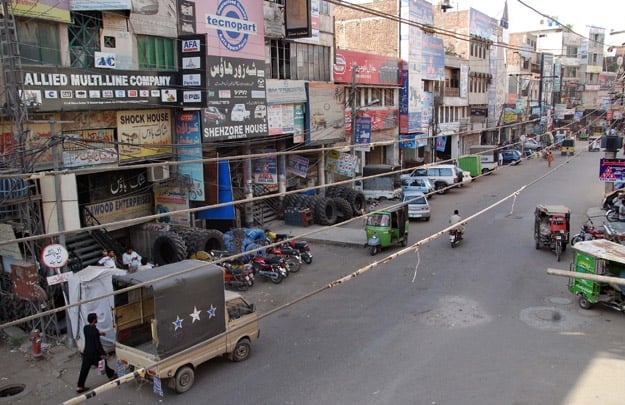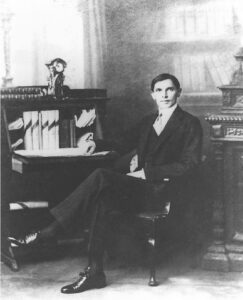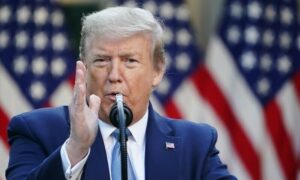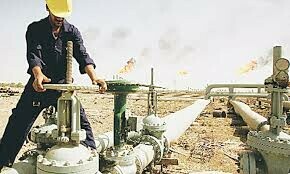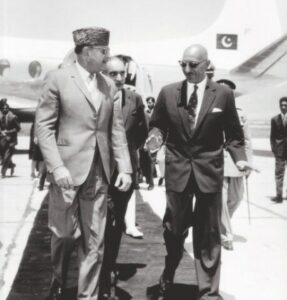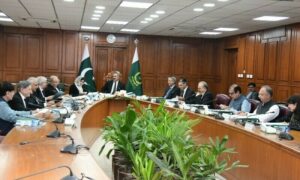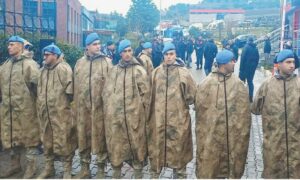KARACHI:
Private businesses on Wednesday stayed shut as traders observed a nationwide strike to register their anger against the much-touted tax reforms that aimed to widen tax net in the cash-strapped country.
The expansion of the country’s tax base will now pose a significant challenge for the PML-N and its coalition partner, the PPP, as the protesting traders have political affiliations with these parties. Nevertheless, opposition parties — the JUI-F, Jamaat-e-Islami and the Awami National Party — and trade associations declared their support for the agitating traders.
Shutters in various parts of the country — including the metropolitan cities of Karachi and Lahore — remained closed as the call for strike from traders’ associations received an overwhelming response from the community.
Speaking to The Express Tribune, All Karachi Tahir Ittehad Chairman Atiq Mir claimed that the one-day shutter-down strike inflicted a financial loss of over Rs50 billion on wholesalers and retailers nationwide.
Of this, Karachi alone—the country’s economic hub and port city—suffered a Rs4 billion setback.
He estimated there are over one million small to large wholesale and retail outlets across the country including 600,000-700,000 alone in Karachi.
The wholesale and retail sectors contribute an estimated 18-20% to the $375 billion domestic economy, providing 20-25% of the country’s employment.
He said that in his 50 years in business, and 35 years as a trade leader, he has witnessed many strikes but Wednesday’s strike was the most successful he has ever seen.
No market nationwide resumed business on Wednesday due to the strike.
Trade leaders, Mir noted, did not need to exert much effort to rally support, as the unbearable burden of soaring power bills and inflation united the traders. He said that this strike was not just a one-day protest but a movement against all odds.
Mir urged the government to heed the strike’s underlying message: the public is suffering, and another wave of inflation could be catastrophic.
While traders are willing to pay taxes, he called on the government to withdraw the withholding tax (WHT) on food items to alleviate the public’s financial strain.
However, it is pertinent to note that the strike was limited to traders as industries continued their operations as usual.
Sensing the anger in the business community, including retail business which is considered to be close to the ruling Pakistan Muslim League-Nawaz, the government issued a simple bilingual income tax return form for traders and exempted them from giving details of their assets and bank accounts, as it also began consultations for giving them more concessions.
The Federal Board of Revenue released a three-page draft income tax return form for tax year 2024 and onwards for those traders who were non-filers in the previous tax year. The form will take the finality after seven days.
The return form still carries 34 questions but these are generic in nature and do not require specific details about the assets being owned by the traders – the influential group of the society that has sympathizers in the ruling party. There is also no requirement for disclosing bank accounts by the traders except the demand for a bank account for the purpose of receiving any tax refund.
A nationwide strike was observed by traders across Pakistan to protest the recent hike in electricity bills and the imposition of new taxes.
The coalition government has enforced the traders’ scheme for all dealers, distributors, retailers, manufacturer-cum-retailers, importer-cum-retailers, or any person involved in the supply chain of goods doing business in 42 cities.
It has imposed a fixed tax of Rs100 to Rs60,000 per month and majority of the traders fall in the low category of taxation. However, certain exclusions, mainly related to 100-square-foot shops and the Rs100 fixed rate on 50-square-foot commercial area shops, would make it challenging for the FBR to meet tax targets.
Out of these 42 cities, 25 are in Punjab, seven in Sindh, six in Khyber-Pakhtunkhwa, three in Balochistan, and one in Islamabad. Previous attempts to bring traders into the tax net have been unsuccessful, including compulsory door-to-door registration during General Pervez Musharraf’s tenure.
The government has imposed a nominal tax of Rs100 per month on shops up to 50 square feet in commercial areas, makeshift shops, kiosks, or small shops measuring no more than 5×3 square feet, instead of charging normal progressive income tax. This amount was seen as insignificant.
The traders paid a paltry sum of Rs17.5 billion in income tax compared to Rs368 billion paid by the salaried class in the last fiscal year. Under the new scheme, the government has envisaged collection of Rs50 billion income tax in this fiscal year, which now seems impossible.
Meanwhile, Coordinator to the Prime Minister Rana Ehsan Afzal appealed the traders to join the tax system and share their genuine concerns which create a conducive environment for traders to comply with tax regulations and contribute to the country’s economic development.
Talking to a private news channel, Afzal urged traders to come forward and register themselves under the tax net, promising that the government would provide necessary support and facilitation.
He also warned that failure to comply with tax regulations would result in consequences, but emphasized that the government’s preference was to work together with traders to achieve mutual goals.
The Coordinator’s appeal comes at a time when the government is facing significant revenue shortfalls. By bringing more traders into the tax net, the government hopes to increase revenue collection and allocate resources more effectively. Responding to a query, Rana Ehsan Afzal acknowledged that the economic issues plaguing the country could not be resolved overnight.
“The economic challenges we face today are a result of 10 years of mismanagement and neglect,” he said. “We cannot expect to resolve them in a month,” he added. He emphasized that the government was working tirelessly to address these issues, but needed the cooperation of the business community.
“We value the contribution of our traders and businessmen to the economy,” Afzal said.
“We want to work with them not against them.” He urged the business community to cooperate with the government, saying that together, they could overcome the economic challenges facing the country. Afzal also promised that the government would review the taxation measures and make necessary adjustments to ensure they were fair and equitable.
(With input from our correspondents in Islamabad and Lahore)

